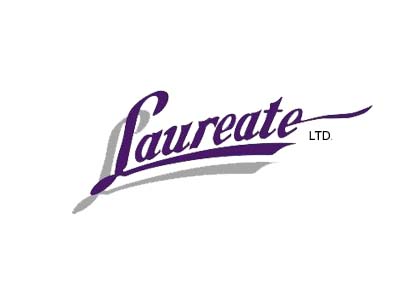According to The Denver Post, it's still more affordable to rent a property than to buy a home in metro Denver, Colorado. That makes owning a rental property a good choice for investors in this city.
As a landlord, rental property inspections are an important part of maintaining the value of your investment property. Keep reading to find out what you need to know about rental inspections.
Why Are Rental Property Inspections Important?
Regular inspections help landlords keep tabs on the condition of their property investments. They can also help you stay on track with your property maintenance schedule.
These inspections might uncover health and safety hazards that could impact your tenants. It's the landlord's responsibility to ensure their property poses no health risks for tenants.
In some cases, inspections may reveal that your tenants aren't upholding their obligations according to your lease agreement. This allows you to discuss these issues with them and rectify matters.
How to Carry Out a Property Inspection
It's best practice to carry out property inspections before tenants move in or out. You should also conduct regular inspections in between, either annually or seasonally.
Landlords must give tenants at least 24 hours' notice of an upcoming rental inspection. It's best if they're present for the inspection, so you can discuss your findings with them.
Be sure to check the following during your inspection:
- Overall cleanliness and condition of the property
- Presence of pests
- Water leakages
- Structural damage
- Malfunctioning plumbing, like leaking toilets
- Smoke alarms
- Carbon monoxide detectors
- Window and door seals
- Fire extinguishers
- Furnace and air conditioner filters.
Makes notes about your findings and take photographs or videos if necessary.
Property inspections can also reveal evidence of illegal activities and lease violations. For instance, you might discover your tenants have sublet the property to extra people, or acquired an unauthorized pet.
If you notice any serious concerns or your tenants point them out to you, you should take immediate steps to rectify these.
When you conduct regular property inspections, your tenants know you care about their well-being. They'll also take better care of your property when they know you're committed to inspections.
Seasonal Home Inspections
These inspections focus mainly on preparing your property for the weather ahead. Some things to pay attention to during a seasonal inspection include:
Winter Inspection Tips
Colorado's winters are harsh, and you'll need to protect your property accordingly. Be sure to check smoke alarms, seal any gaps in windows and doors, and service the furnace.
Covering exposed pipes can prevent them from bursting during cold spells.
Summer Inspection Checklist
Summer brings fewer challenges than winter does, but you should pay attention to any damages caused by winter weather, service air conditioners, clean the gutters, and check the seals on windows and doors.
Maximizing Rental Property Ownership
Rental property inspections and related tasks can take up a considerable amount of your valuable time, especially if you own more than one rental property, or live out of town.
As Denver's leading property manager, we do all the work related to your investment property on your behalf. We've got you covered when it comes to marketing, maintaining, and administering rental properties.
Get in touch to schedule a free consultation to discuss your needs, regardless of where you are on your property investment journey.



